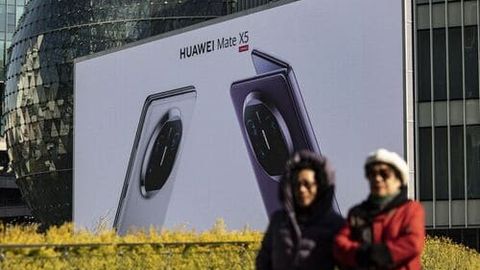Central Asia advances unified power market with $3.2 mn CAWEP grant
14:18 / 25.02.2026
Uzbekistan, Afghanistan aim to increase trade turnover to $5bn
13:06 / 25.02.2026
Investment portfolio of Uzbekistan’s Karakalpakstan region exceeds $8bn
12:00 / 25.02.2026
Gianni Infantino marks 10 years as FIFA President
11:44 / 25.02.2026
Uzbekistan’s digital startup competition sees participation grow
11:00 / 25.02.2026
Recommendations
Menu
Good news:
Tags
Grow your business with us
Advertise on Daryo.uzIndividual approach and exclusive materials
Ad-free site readingSubscribe
25 000 sum per month






Comments
To leave a comment, first